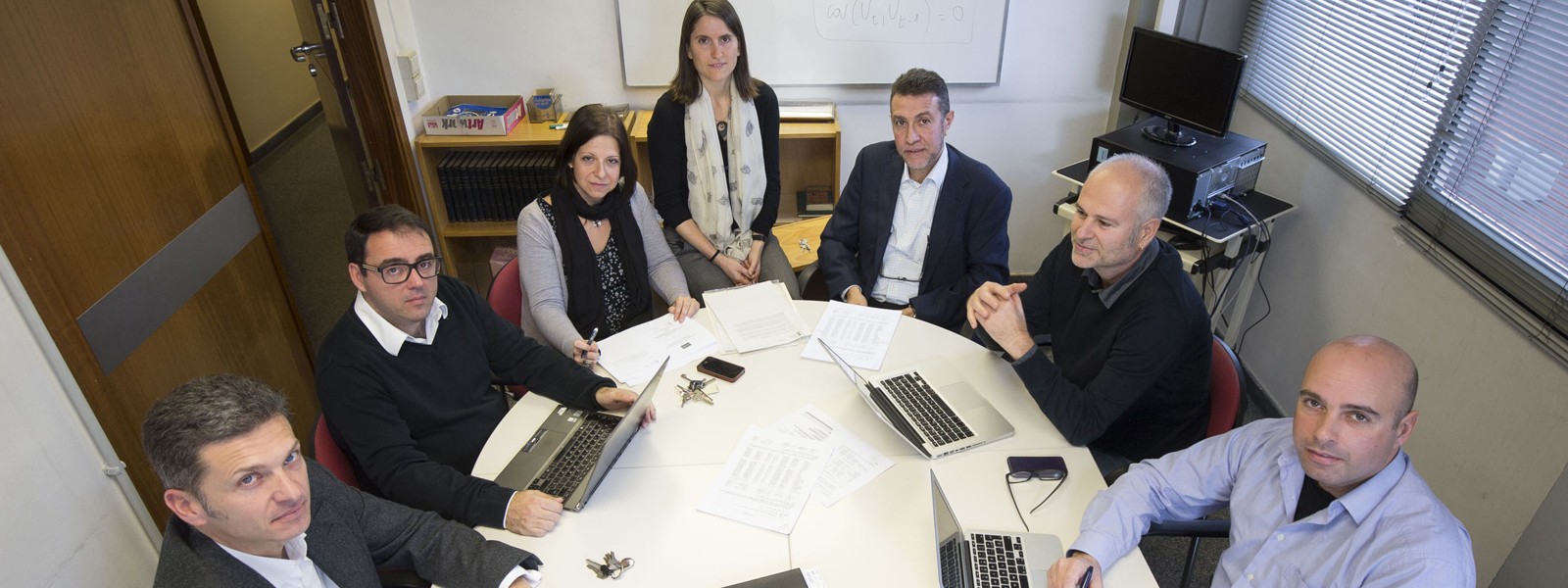DIRECTOR
RESEARCH TEAM
Carrión Silvestre, Enrique López Bazo, Raúl Ramos Lobo, Vicente Royuela Mora, Jordi Suriñach Caralt, Esther Vaya Valcarce, University of Barcelona; Riccardo Crescenci, London School of Economics; Ernest Miguélez, Université de Bordeux; y Stefano Usai, University of Cagliari.
COLLABORATING INSTITUTIONS
DESCRIPTION
The ongoing internationalization of economic processes, coupled with the aftermath of the Great Recession, have underscored the importance of competitiveness for Spanish firms. Among the drivers of competitiveness, there is one – innovation – in which Spain’s business fabric ranks well down the list.
At a time when R&D spending has decreased, technological partnerships and participation in innovation networks can be a fruitful strategy for knowledge adoption and therefore innovation. Starting from this premise, the project sets out to provide robust evidence on the role of technological partnerships in generating innovation, and whether a lack of such partnerships may explain the sub-par innovativeness of Spanish firms, and particularly SMEs, for whom it is costlier to develop innovative processes in-house.
In this respect, the proposal goes beyond the usual examination of the impact of technological partnerships on companies’ innovation outcomes. Rather, it will provide evidence of the varying impact of different types of technological partnership with regard to the partnership’s geographical scope (national, European, international), the variety of knowledge that can be acquired from partner agents in comparison with that existing in Spanish firms, the absorptive capacity of the firm itself and the economic and institutional development of the territory where it is based.
Also, the project will produce evidence of how innovation, particularly that obtained from partnerships and network membership, affects internationalization (exports and foreign direct investment) and skilled and unskilled employment, with knock-on effects on income inequality in Spain.

